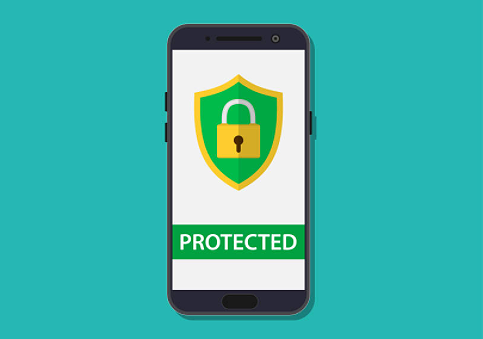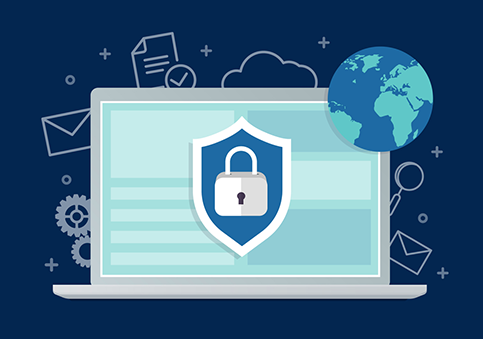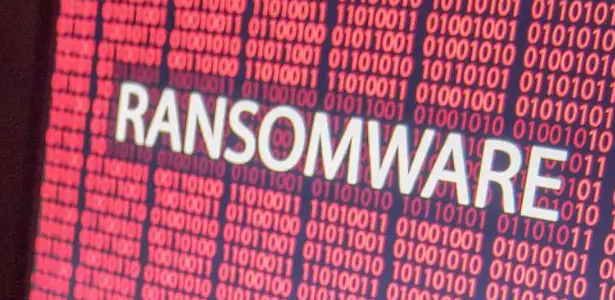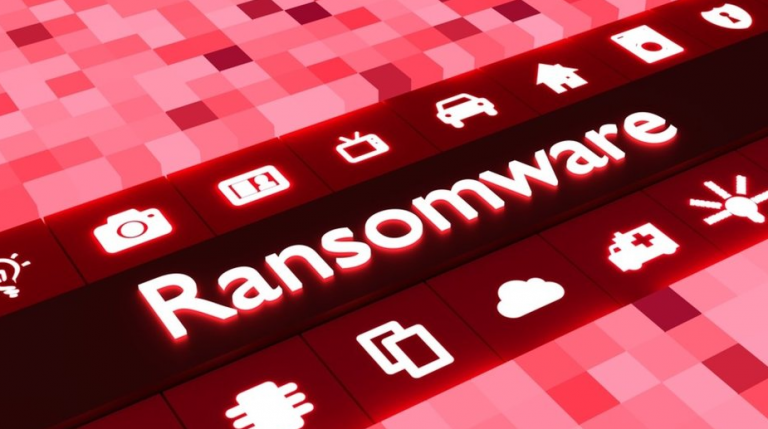Why Small Businesses Must Prioritize Cybersecurity Plans – and How Xcitium Can Help
Updated on December 3, 2024, by Xcitium

Many small businesses are falling short when it comes to cybersecurity planning, leaving them vulnerable to increasingly sophisticated cyber threats. A recent analysis highlights that despite recognizing the importance of cybersecurity, small businesses often lack formal plans to address potential attacks. With limited resources and expertise, these businesses are prime targets for cybercriminals, underscoring the urgent need for comprehensive and proactive cybersecurity measures.
The Cybersecurity Challenge for Small Businesses
Small businesses face unique challenges when it comes to cybersecurity. They often operate with limited budgets, lack dedicated IT teams, and rely on outdated technologies that are easier for cybercriminals to exploit. Yet, the consequences of a cyberattack can be devastating for small businesses, including:
- Financial Losses: Cyberattacks often result in significant costs related to ransom payments, data recovery, and downtime.
- Reputational Damage: A breach can erode customer trust and damage a business’s reputation, leading to lost revenue.
- Operational Disruptions: Attacks can bring business operations to a halt, causing delays in service delivery and impacting customer satisfaction.
The Gap in Cybersecurity Planning
Despite the risks, many small businesses lack formal cybersecurity plans. Key gaps include:
- Absence of Incident Response Plans: Without a clear plan, businesses struggle to respond effectively to attacks, increasing downtime and damage.
- Limited Employee Training: Employees are often the first line of defense, yet many small businesses do not provide regular training on recognizing and responding to cyber threats.
- Inadequate Security Tools: Small businesses frequently rely only on basic antivirus software, leaving them exposed to advanced threats like ransomware and phishing attacks.
Steps to Strengthen Small Business Cybersecurity
To address these gaps, small businesses must adopt proactive strategies that focus on prevention, detection, and response. Here are the key steps:
1. Implement a Zero Trust Security Model
A Zero Trust approach requires continuous verification of all users and devices, ensuring that only authorized entities can access critical systems and data. This minimizes the risk of unauthorized access and insider threats.
2. Leverage Real-Time Threat Virtualized Execution
Virtualized Execution technologies isolate and execute suspicious files and code in a virtualized state before they impact their targets, preventing attacks from spreading within the network while maintaining user and system productivity. This is particularly effective against ransomware and other malware.
3. Develop and Test Incident Response Plans
Having a clear, tested plan ensures that businesses can respond quickly and effectively to cyber incidents, reducing downtime and financial impact.
4. Invest in Employee Training
Regular training programs help employees recognize phishing emails, suspicious links, and other common attack vectors, strengthening the organization’s overall security posture.
5. Use Advanced Security Tools
Automated tools for threat detection, vulnerability scanning, and patch management provide small businesses with robust protection without requiring extensive resources.
The Role of Vendors and Partnerships
Small businesses often lack the internal expertise to manage cybersecurity effectively. Partnering with trusted vendors can provide access to advanced tools, expertise, and resources that enhance security. Collaboration between small businesses and cybersecurity providers is critical for addressing the unique challenges faced by smaller organizations.
How Xcitium Can Help
Xcitium offers cybersecurity solutions tailored to meet the needs of small businesses, providing advanced protection without requiring large budgets or in-house expertise. Here’s how Xcitium can make a difference:
1. ZeroDwell Containment Technology
Xcitium’s ZeroDwell Containment neutralizes threats in real time, isolating, executing, and diagnosing malicious files in a virtualized state before they can cause damage. This proactive approach ensures that even advanced threats are stopped at the point of entry while maintaining user and system productivity.
2. Zero Trust Architecture
Xcitium’s platform enforces the default deny security with default allow usability principle, continuously detecting and diagnosing every file. This model minimizes the risk of unauthorized access and helps protect sensitive data.
3. Comprehensive Security Tools
Xcitium provides a suite of natively architected tools for threat detection, vulnerability management, and compliance reporting, giving small businesses the capabilities they need to defend against cyber threats.
4. User-Friendly Solutions
Designed with small businesses in mind, Xcitium’s solutions are easy to deploy and manage, requiring minimal technical expertise.
5. Ongoing Support and Training
Xcitium offers resources and training to help small businesses build a culture of security awareness and preparedness.
Conclusion: Closing the Cybersecurity Gap for Small Businesses
The lack of formal cybersecurity plans leaves many small businesses vulnerable to costly and disruptive attacks. By adopting proactive measures and partnering with trusted providers like Xcitium, small businesses can strengthen their defenses, protect their assets, and build resilience against evolving threats.
Xcitium’s advanced and affordable platform empowers small businesses to navigate the complexities of cybersecurity with confidence. With the right strategies and tools in place, small businesses can safeguard their operations and thrive in today’s digital landscape.












